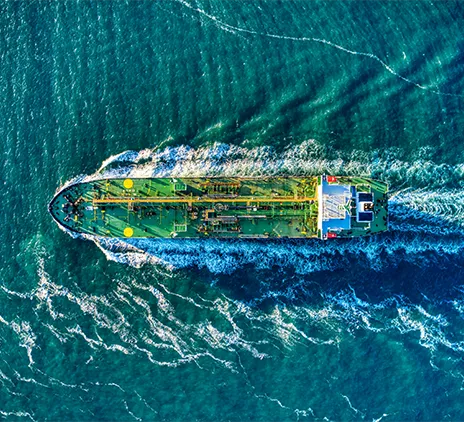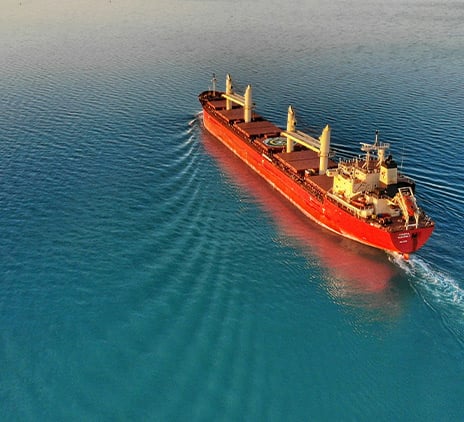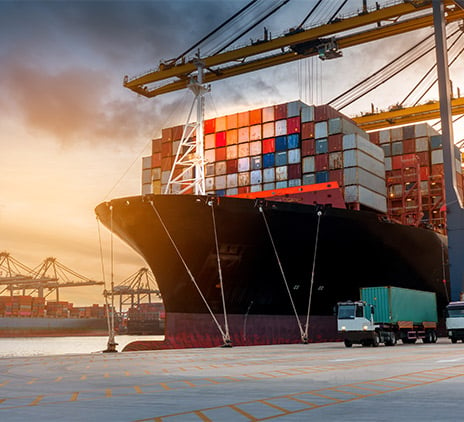The implications of tariffs and trade wars

The domino effect
Trade tensions are nothing new, but recent developments suggest a deeper and more lasting shift in global trade policy. The U.S., under President Donald Trump, has imposed tariffs that have triggered market instability, disrupted supply chains, and increased costs for businesses. For Ireland, where trade is central to economic growth, the effects are significant.
At their core, tariffs are a tax on imports. They make foreign goods more expensive, aiming to boost local production. In reality, the costs spread through the economy, hitting businesses and consumers alike.
Trade tariffs part 2: The ripple effect of trade tariffs
This series cuts through the speculation to identify the real and potential impacts on Ireland and Irish-based industries. It explains how tariffs affect the economy and explores what businesses can do to mitigate negative effects.
The global trade landscape continues to evolve, with further changes ahead. Andrew Webb, Chief Economist at Grant Thornton, explores what has been announced, what has actually been implemented, and how businesses can assess the risks and opportunities within their supply chains.
Watch Part 2 of our series to learn more.
Tariffs and their ripple effects: Lessons from Brexit and beyond
This is not the first time Ireland has been caught in the crossfire of trade disputes. Brexit showed that even uncertainty can damage an economy. Even before Britain formally left the EU, businesses delayed investment, supply chains frayed, and trade relationships became uncertain. The same risks apply here.
U.S. protectionism affects Irish economic stability—directly through tariffs and indirectly through the uncertainty they create. If businesses hesitate because of possible tariff shifts, the economic consequences could be as severe as the tariffs themselves.
Tariffs are rarely isolated measures. When one country imposes tariffs, others often retaliate, escalating trade wars. Trump's tariffs have already led to countermeasures, with effects that cross borders. Ireland, which depends on exports to the U.S., is exposed to these shifts.
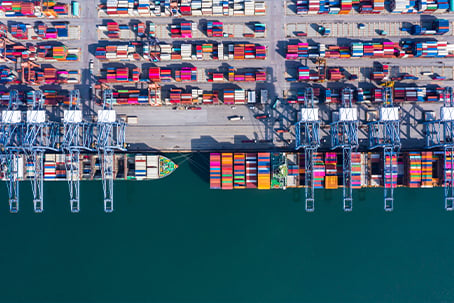
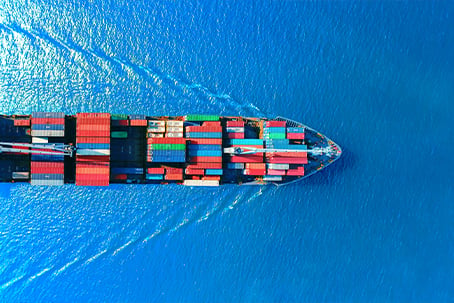
Who bears the cost? The business impact
The broader impact depends on who absorbs the cost. Importers, manufacturers, wholesalers, and consumers may all bear the burden. Often, costs move through the supply chain, driving up prices. Businesses must then choose between absorbing the costs and squeezing margins or passing them on and risking lower demand.
Tariffs will not affect all sectors equally:
- Pharmaceuticals: Ireland is a major supplier of pharmaceutical products to the U.S. Higher tariffs could raise costs, disrupt supply chains, and reduce competitiveness. Unlike other industries, pharmaceutical production cannot be quickly relocated or restructured, making it vulnerable to policy shifts.
- Technology: Ireland is a European hub for major U.S. tech firms. While tariffs mainly target goods, a widening trade dispute could introduce new barriers, compliance costs, or taxation policies that affect digital services.
- Manufacturing and Exports: If the U.S. enacts protectionist policies favouring domestic production, multinationals with operations in Ireland may reconsider their investments. A shift in production to the U.S. would weaken Ireland’s position as a business hub.
Beyond tariffs: The costs of trade disruption
While tariffs dominate the debate, non-tariff barriers—such as regulatory changes and compliance costs—can be just as damaging. Policy shifts create uncertainty, which leads businesses to delay investment and make cautious decisions.
Currency fluctuations also matter. A stronger U.S. dollar, partly driven by protectionist policies, makes Irish exports more expensive for American buyers, reducing demand. If U.S. trade policies lead to an oversupply of goods in Europe, Irish businesses could face more competition and pricing pressures.
Tariffs can also drive inflation. Higher costs may prompt central banks to adjust interest rates, affecting borrowing and investment. If sustained, these effects can slow economic growth.
Trade uncertainty can cause economic paralysis. Faced with unpredictable policies, businesses often wait rather than act. That hesitation can be just as damaging as the tariffs themselves.
Brexit showed this clearly. Businesses did not wait for formal policy changes—they reacted early. Supply chains were rerouted, hiring slowed, and investment stalled. Tariff uncertainty could lead to the same behaviour.
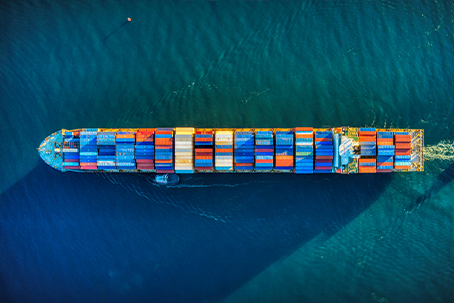

What businesses should do now
Given the unpredictability of trade policy, businesses should prepare by:
- Scenario modelling: Assessing different tariff and trade disruption scenarios to understand potential costs.
- Supply chain diversification: Identifying alternative suppliers and markets to reduce dependence on any one region.
- Regulatory preparedness: Staying informed about potential changes in compliance and taxation rules that could emerge from ongoing trade disputes.
The bigger question is whether recent U.S. trade measures are short-term tactics or part of a long-term shift towards protectionism. History suggests that while tariffs may offer short-term political gains, they disrupt supply chains and hurt economic growth in the long run.
For Ireland, the risks are clear. Trade policies can change quickly, and uncertainty itself carries economic consequences. Businesses that wait for clarity may find themselves reacting too late. Those that anticipate change and build resilience will be in a stronger position to handle shifting trade conditions.
Our trade tariff experts



Read our latest insights on trade tariffs
View all